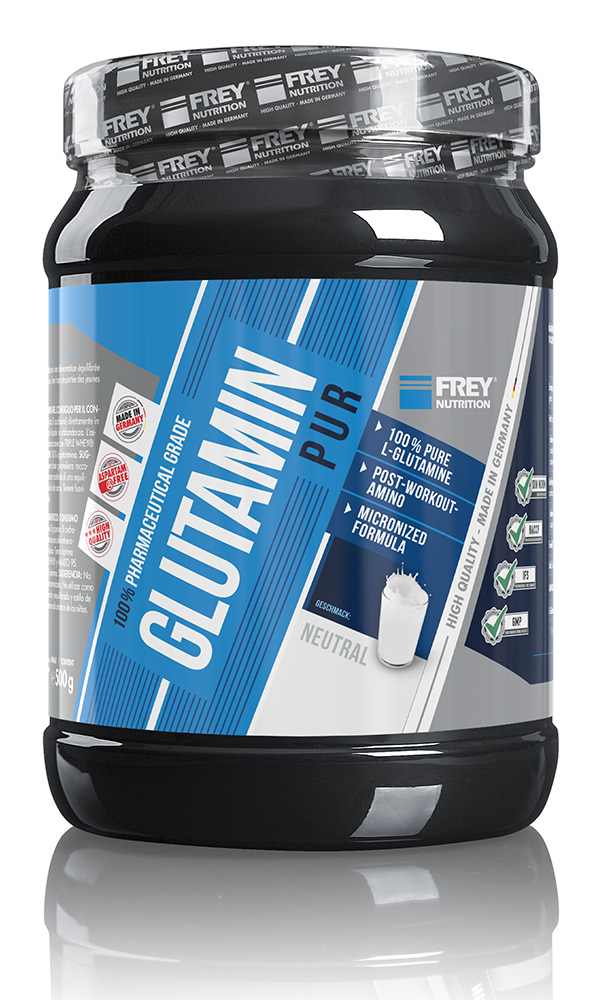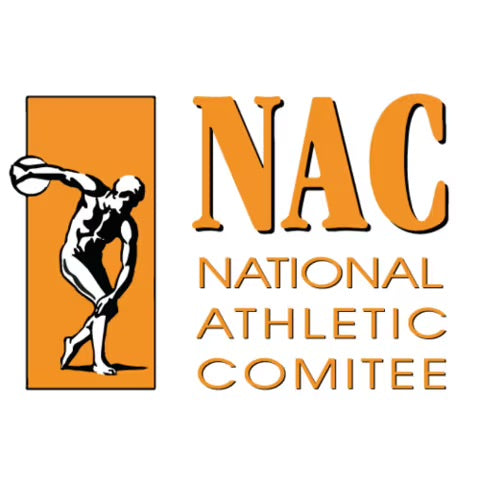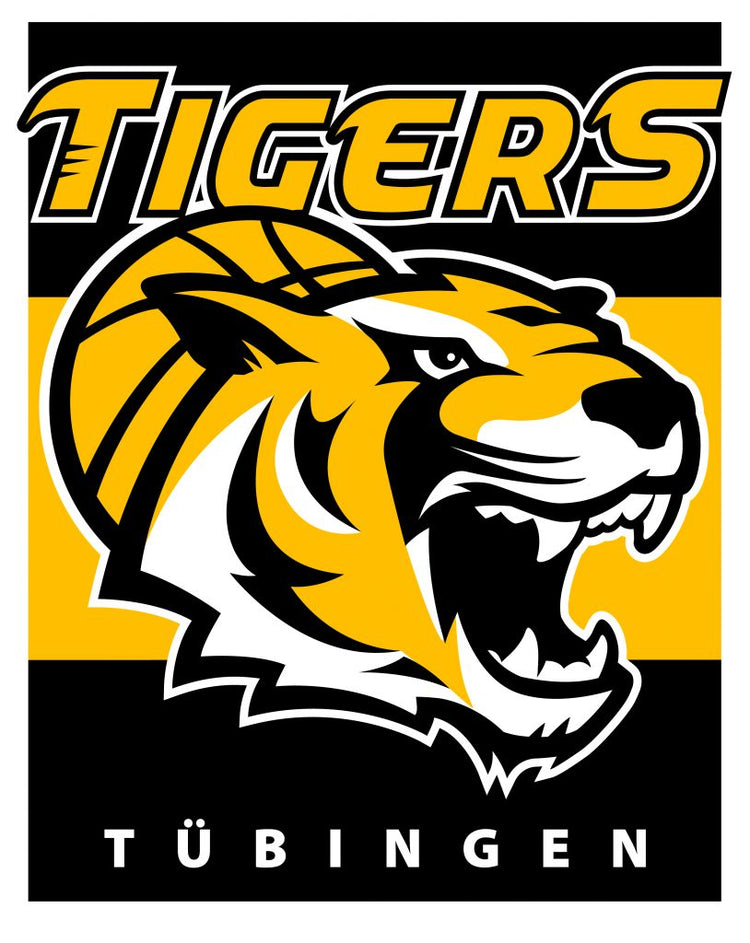COLUMN 58 |
FIGHT AGAINST
EXHAUSTION

WHAT YOU CAN DO IF EXHAUSTION IS A CONSTANT COMPANION TO YOUR EFFORTS TO HAVE A MORE MUSCULAR AND FITTER BODY.
ANSWER

A state of exhaustion usually has three causes:
- 1. too much training,
- 2. too little rest and/or
- 3. inadequate nutrition.
The all too brief description of your eating habits actually suggests that - given the intensity of your workouts - it could be due to inadequate, if not incorrect, nutrition. After training in particular, the muscle cells cry out for quickly available and high-quality food. The faster the required nutrients are supplied, the faster the body enters the recovery phase and then the building phase. The body does not build muscle if the used reserves in the form of muscle glycogen are not fully replenished.
You should consume one gram of maltodextrin per kg of body weight. There are different quality levels that can be differentiated using the dextrose equivalent. Conventional maltodextrin has a dextrose equivalent of 19, other variants have 14 to 16 ? at MALTO 95 it is 12. The lower the dextrose equivalent, the more constant and efficient the absorption of carbohydrates into the muscle cells.
An optimal supplement to maltodextrin is whey protein or - even better - whey protein isolate, which you already consume. I recommend ISO WHEY WITH ITS HIGH ISOLATE CONTENT and increase the dosage to about 50 grams. The optimal dosage is 0.5 grams of ISO WHEY per kg of body weight.You can take MALTO 95 and ISO WHEY together in a shake, preferably with still water and not with milk. This is for good reason, because the fat contained in milk inhibits the rise in insulin levels - which is particularly important after training - and delays the absorption of nutrients. Don't worry, most modern protein preparations taste great in water, especially ISO WHEY, as it is developed on a water basis. This is also the case with PROTEIN 96, TRIPLE WHEY AND MEGA PROTEIN the case.
SECRET TIP:
The amino acid L-glutamine is considered a real secret weapon against exhaustion and impending overtraining. STUDIES PROVE that taking L-glutamine directly after training can not only improve the recovery phase, but also prevent colds and strengthen the immune system.You regularly change the intensity of your training by training less hard for a few weeks. But it would be better to take a complete break from training after a certain intensive training phase (for example after twelve weeks). This should last about a week. This allows you to recover holistically, because if you train hard and put your muscles under intense strain, you need to give them a break every now and then in order to make lasting, successful progress.
SEND US YOUR QUESTION!
Do you have any questions about bodybuilding, nutrition, training or supplements? Then send us your question by email to: INFO@FREYNUTRITION.DEThis will then be answered personally by Andreas Frey in the form of a column and published here!













